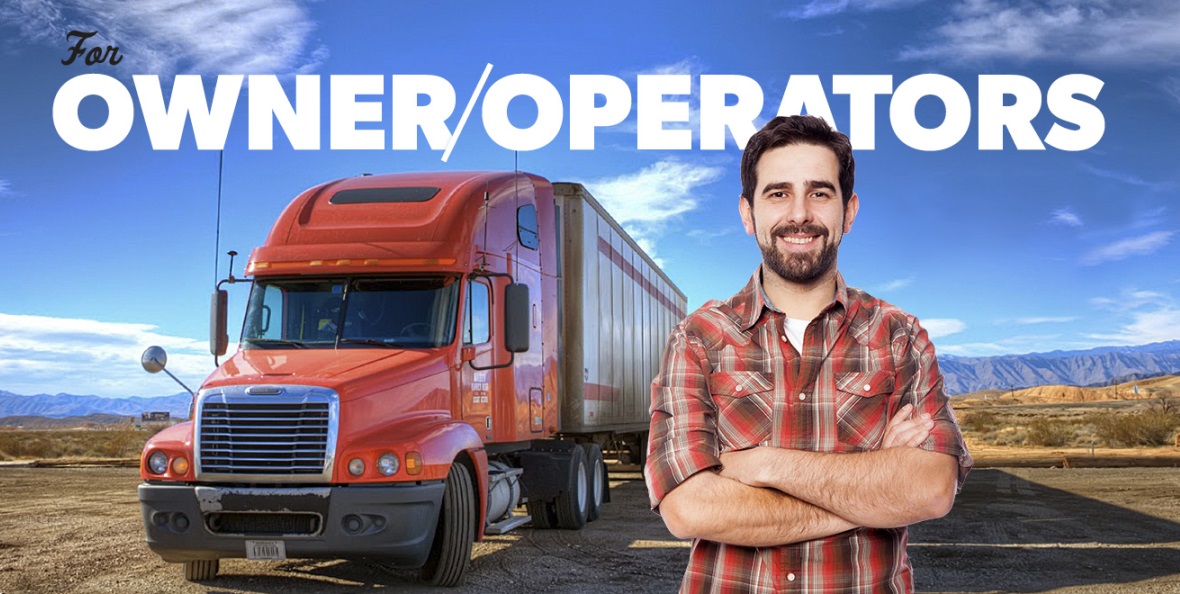The world of trucking offers various pathways, and for many drivers, becoming an owner-operator is the ultimate goal. Owner-operator trucking jobs provide the freedom to run a trucking business independently, from choosing loads to managing schedules and handling finances. With a balance of freedom and responsibility, these positions bring rewarding opportunities but also require strategic planning and industry insight. In this article, we’ll explore the ins and outs of owner-operator trucking, covering the benefits, potential challenges, and essential steps for drivers considering this career path.
Understanding the Owner-Operator Role
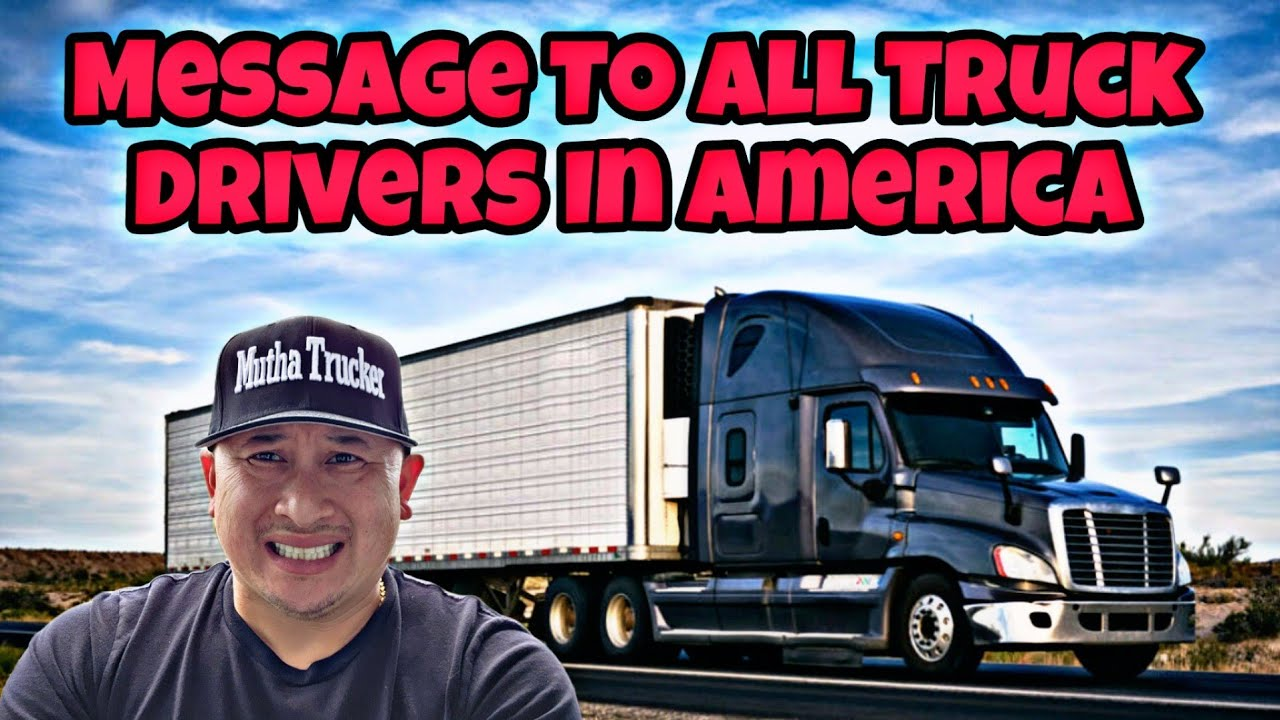
An owner-operator truck driver is essentially a small business owner who owns (or leases) their truck and contracts with shippers or carriers to haul freight. Unlike company drivers, who are employed by carriers and drive company-owned trucks, owner-operators have more control over their operations. This autonomy allows them to set their schedules, choose which loads to take, and make business decisions regarding expenses and profits.
There are two main types of owner-operators:
- Independent Owner-Operators: These truckers own their trucks and work directly with clients or load boards, securing their contracts independently.
- Leased Owner-Operators: These drivers own their trucks but work under contract with a specific carrier. In this model, they rely on the carrier to find and dispatch loads, handling a portion of their business needs but with less independence.
Opportunities for Owner-Operators
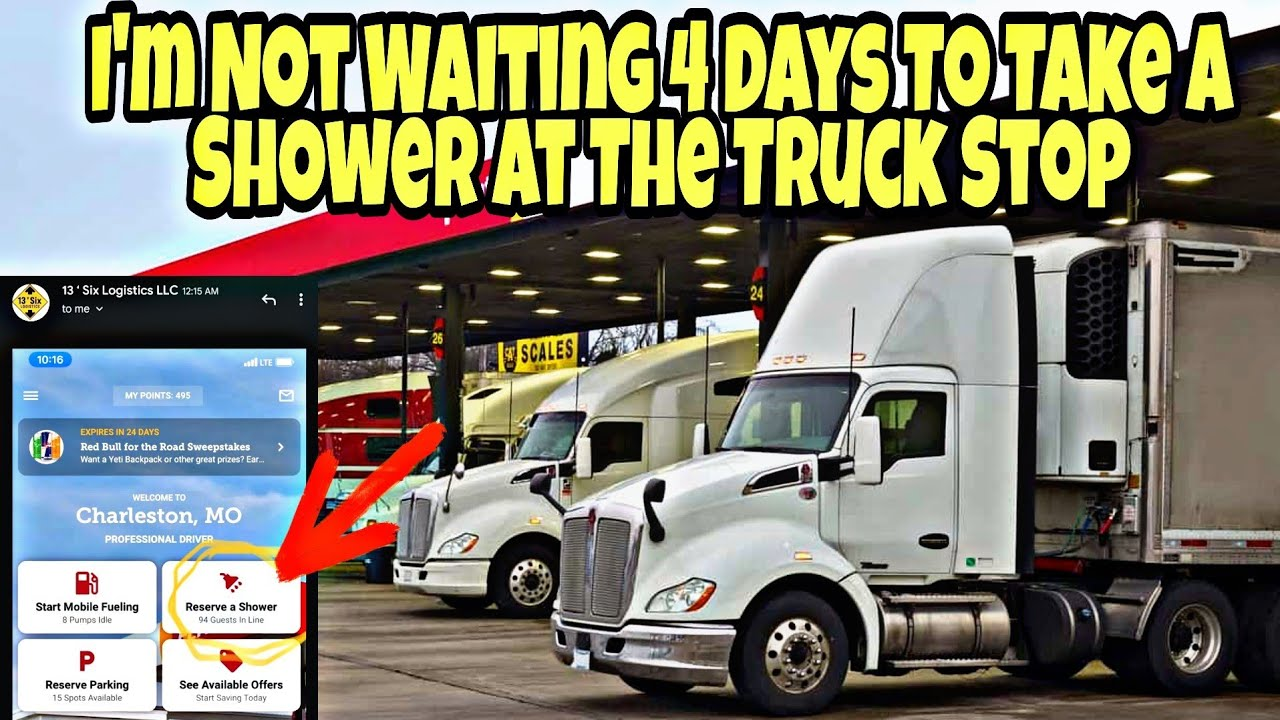
The trucking industry presents a range of opportunities for owner-operators, many of whom value the independence and higher earning potential associated with self-employment. Here are some key opportunities available in this role:
- Higher Income Potential
Owner-operators often earn more than company drivers due to the additional responsibilities they take on. Without a middleman, they can increase earnings by negotiating rates directly with shippers or clients. Although expenses such as fuel, maintenance, and insurance reduce net profits, the potential for higher income is significant. - Flexible Scheduling
Owner-operators have full control over their work schedules, allowing for a work-life balance that suits their needs. They can decide when to work and when to take time off, enabling them to prioritise personal obligations or family time. This flexibility is especially valuable for drivers who want to avoid the fixed schedules often associated with company driving roles. - Business Ownership
As business owners, owner-operators have a chance to grow and expand their operations. Some may start with one truck and eventually scale to owning a fleet. Business ownership also allows them to deduct expenses, such as fuel, repairs, insurance, and even some living expenses, on their taxes. - Choice of Freight and Routes
Independent owner-operators have the freedom to select the type of freight they haul, from dry goods to specialty cargo like refrigerated goods or hazardous materials. They can also select routes that suit their preferences, whether long-haul, regional, or local, depending on their lifestyle and financial goals. - Increased Job Security
With an established network of contacts and clients, owner-operators can develop a stable, self-reliant career that offers more control over job security. By building relationships with reliable brokers, freight boards, or direct shippers, they are less dependent on a single employer and can adjust their work based on market demand.
Rewards of Being an Owner-Operator
Becoming an owner-operator is not just about higher earnings—it also comes with personal and professional rewards. Here are some key rewards that attract drivers to this path:
- Independence and Autonomy
Owner-operators have the independence to make critical business decisions. Whether choosing loads, setting routes, or managing finances, they have full control over every aspect of their operation. This autonomy is a key motivator for drivers who prefer self-management and don’t want to rely on dispatchers. - Ability to Build Wealth
Many drivers aspire to build wealth through ownership rather than working as an employee. Owning assets like a truck and a business can be a gateway to building equity and achieving long-term financial stability. Some owner-operators even diversify by investing in multiple trucks, expanding their business, and generating passive income. - Career Satisfaction
The pride of ownership and business accomplishment contributes to higher job satisfaction. Running a successful trucking business requires dedication, and for many owner-operators, the fulfilment comes from knowing they’re driving their success, which can be rewarding on both a personal and professional level. - Building a Legacy
Some owner-operators turn their business into a family endeavour, eventually passing it down to the next generation. By building a brand, they create a lasting legacy that can support their families, offering future generations an established foundation in the industry.
Challenges of Owner-Operator Trucking Jobs
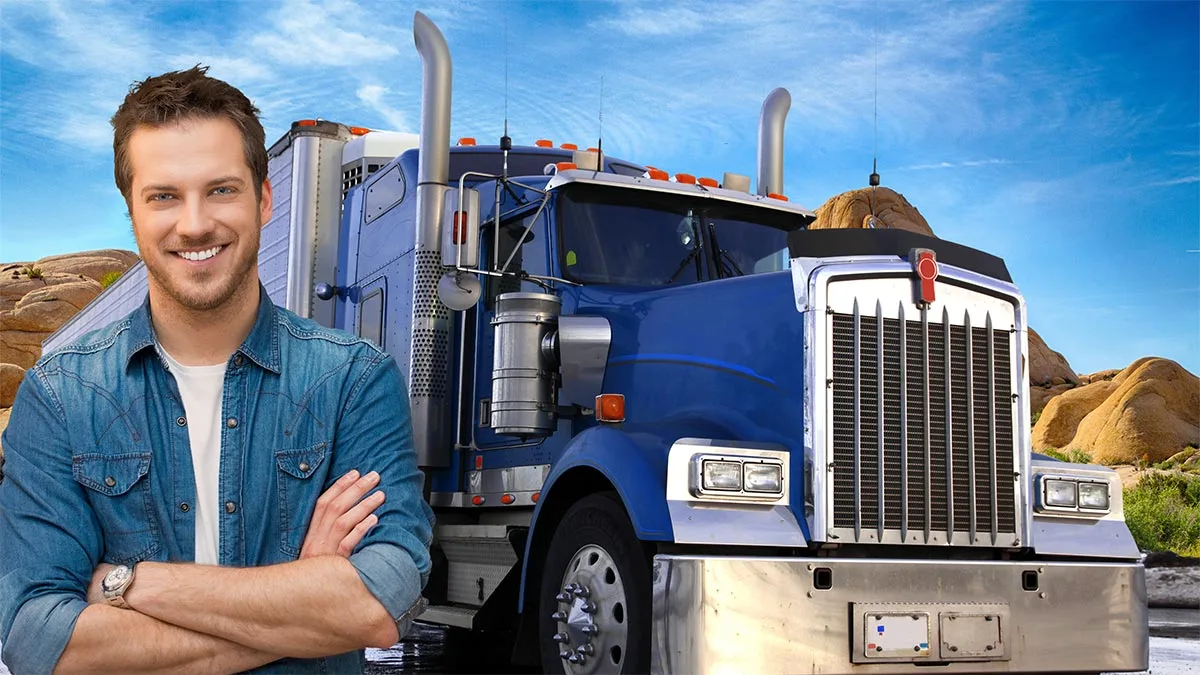
While the rewards are plentiful, owner-operator trucking also comes with its share of challenges. It’s essential to be aware of these obstacles to navigate them effectively:
- High Operating Costs
Owner-operators are responsible for all operational expenses, including fuel, maintenance, insurance, permits, and more. Unexpected repairs can add to these costs, and economic factors like fuel price fluctuations directly impact earnings. Careful financial planning is crucial to manage expenses and remain profitable. - Administrative Responsibilities
From record-keeping and bookkeeping to taxes and regulatory compliance, administrative tasks take up a substantial amount of time. Owner-operators must be disciplined in handling paperwork, especially when it comes to expenses, taxes, and maintaining legal compliance with industry standards. - Inconsistent Income
The freight market is dynamic, with demand and rates fluctuating based on economic conditions, seasons, and other variables. Income can be inconsistent, especially in the early stages. Building reliable contacts and networks can help create more stability over time, but managing cash flow is an ongoing challenge. - Long Hours and Physical Demand
Trucking requires long hours on the road, and while owner-operators can set their schedules, their income depends on how many loads they haul. This can lead to physical and mental fatigue, especially during high-demand periods when it’s tempting to work overtime to increase earnings. - Insurance and Liability
Unlike company drivers, owner-operators must secure their insurance coverage, which can be expensive. Additionally, they are liable for any accidents or damage, so having adequate insurance and understanding liability is crucial for protecting both themselves and their business.
Key Steps to Succeed as an Owner-Operator
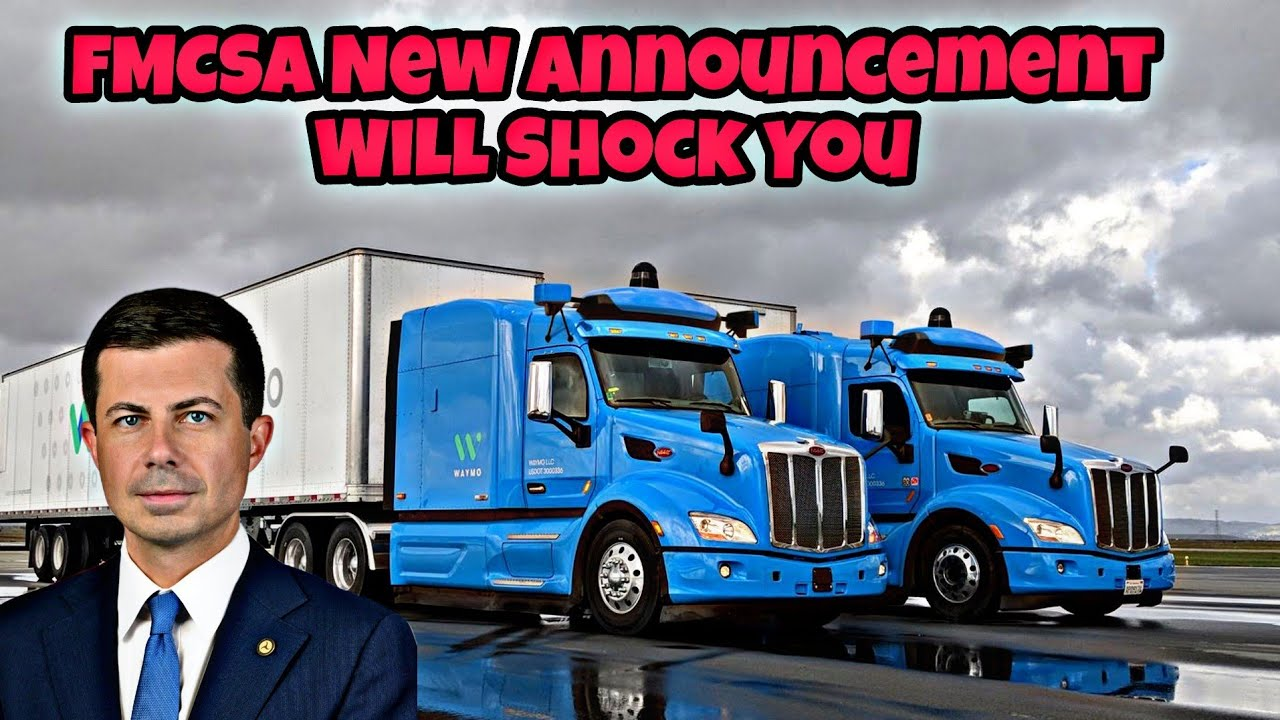
For those ready to take the plunge into owner-operator trucking, here are essential steps to set up for success:
- Develop a Business Plan
A solid business plan includes an analysis of target markets, a budget, financial projections, and strategies for managing expenses. It also helps to outline goals, establish rates, and identify the types of clients to work with. - Secure Financing and Choose a Truck
Whether leasing or purchasing, acquiring a truck is a significant investment. Researching financing options and purchasing a reliable, cost-effective truck can help minimise startup costs and ensure longevity. - Build a Network of Clients and Brokers
Establishing a network is essential for consistent loads and revenue. Networking through online boards, broker partnerships, and industry connections can create a steady flow of business. - Implement Strong Financial Management Practices
Keeping track of expenses, understanding tax obligations, and saving for emergencies are key to staying afloat. Many owner-operators work with financial advisors to set up retirement accounts, manage cash flow, and save for unexpected expenses. - Prioritise Health and Safety
Long hours can take a toll on health, so maintaining a routine that includes regular exercise, healthy eating, and adequate rest is vital for long-term success.
Conclusion
Owner-operator trucking jobs offer freedom, income potential, and the satisfaction of business ownership, making them a desirable option for many drivers. With the right planning, dedication, and industry knowledge, owner-operators can build thriving, independent trucking careers. Though challenges are inherent in this career path, the rewards—financial independence, career satisfaction, and personal pride—make it a fulfilling and lucrative choice for those ready to take on the road as their own boss.


